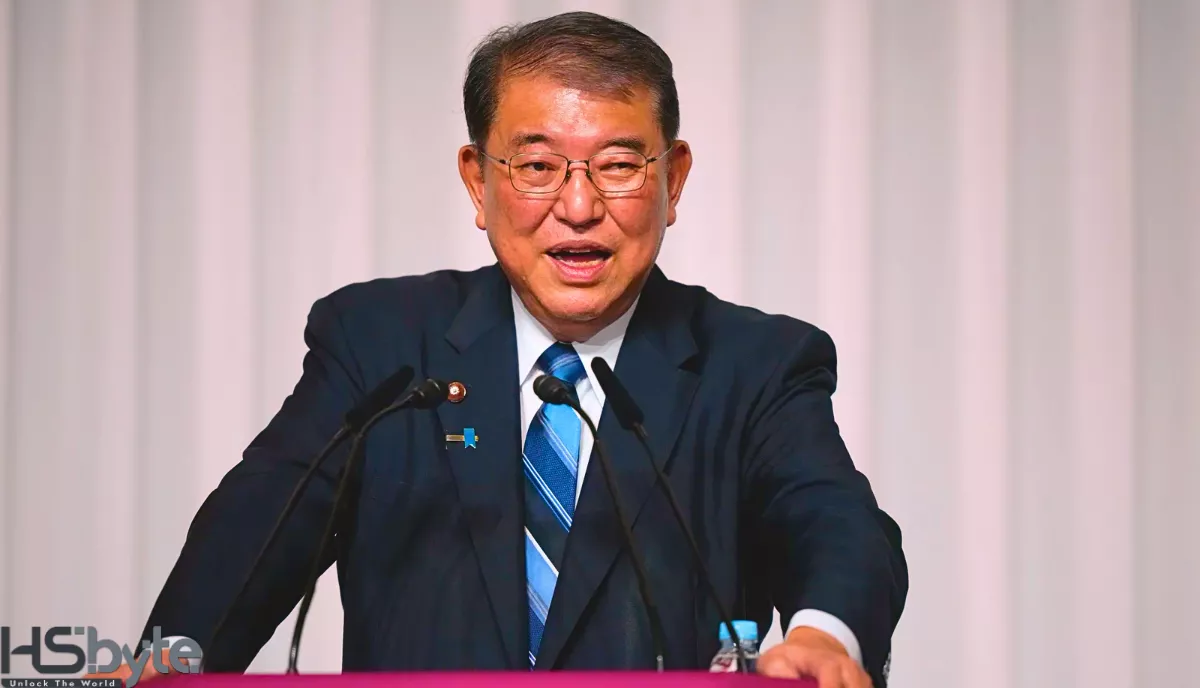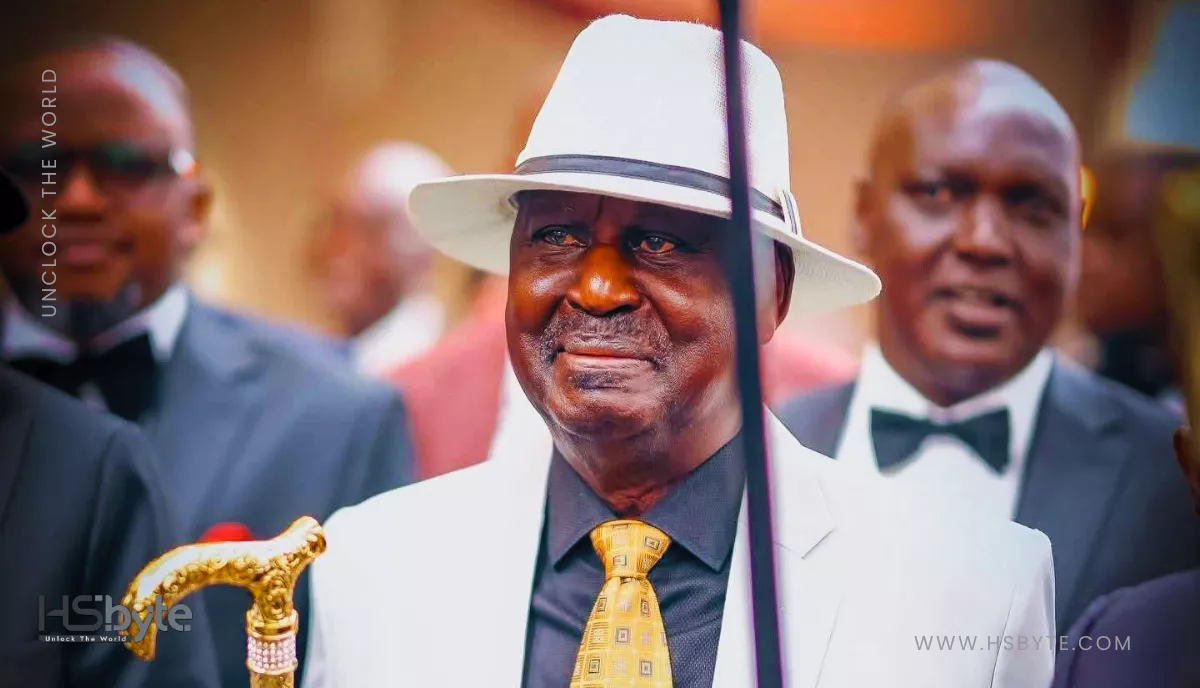

- Share
Just three days after being elected as the new leader of Japan’s ruling Liberal Democratic Party (LDP), incoming Prime Minister Shigeru Ishiba has announced a snap election, set to take place on October 27. This move comes over a year ahead of the scheduled election date, emphasizing the new leadership’s desire for immediate public endorsement.
Shigeru Ishiba, 67, succeeded Fumio Kishida as the LDP chief on Friday after a closely contested leadership race that saw him securing more votes than any of the other eight candidates. With the LDP holding a parliamentary majority, Ishiba is expected to be formally approved as Japan’s new prime minister by parliament on Tuesday.
Speaking at a press conference in Tokyo on Monday, Ishiba explained, “It is important for the new administration to be judged by the people as soon as possible.” The upcoming snap election will determine the party’s control over the lower house of parliament.
Earlier on Monday, Ishiba began selecting government and party officials to assist in contesting the general election. His picks included influential figures like two former prime ministers—Taro Aso, who will serve as an adviser, and Yoshihide Suga, appointed as vice-president of the LDP. Notably, Ishiba also brought in Shinjiro Koizumi, a popular figure among the public and a rival candidate in Friday’s leadership race, as the election strategy chief. However, Sanae Takaichi, who narrowly lost to Ishiba in the leadership runoff, was not part of his team.
In his victory speech, Ishiba laid out his agenda, which included revitalizing Japan’s economy, addressing security challenges, and restoring public trust in the LDP. The party has recently suffered from plummeting approval ratings due to multiple scandals and internal conflicts, and Ishiba is determined to turn things around.
The LDP has been embroiled in controversies, including the revelation of the Unification Church’s influence within the party and allegations of under-reported political funding over several years. These issues have sparked public outrage and weakened the political standing of the outgoing Prime Minister Kishida, ultimately leading to his decision not to seek re-election.
In August, Kishida announced that he would not run for another term, stating, “In the upcoming presidential election for the LDP, it’s necessary to show the people that the party will change. For this, transparent and open elections and free and vigorous debate are important.”
After taking the lead on Friday, Ishiba echoed these sentiments, stating that the LDP must become a party that encourages free and open discussion, remains fair and impartial, and demonstrates humility.
Despite the recent setbacks and scandals, the LDP remains Japan’s most popular political party, having governed the country for most of the post-war era. The two weeks of campaigning for the party’s leadership were seen not only as an internal contest but also as a preview for the general election, giving candidates an opportunity to appeal directly to the public and win over the electorate.
You May Also Like


Israeli Hostage Couple Reunited After 738 Days

Raila Odinga Dies at 80: Kenya Mourns Political Giant

Trump Demands Hamas Disarm Amid Brutal Gaza Crackdown

Israeli Strikes on Iran Heighten Tensions

UNIFIL Post Breached: Israeli Tanks Escalate Tensions
Latest Update

Zelensky Biden Meeting Ignites Republican Outrage Amid Aid Talks

Wuthering Heights Film Casting: Controversy Sparks Debate

Will the US Presidential Election Shape the Future of Crypto?

War with Russia: Zelensky Sees Hope for Peace

Unpacking the ‘Dark Arts’ in Manchester City vs Arsenal Showdown

UNIFIL Post Breached: Israeli Tanks Escalate Tensions

Trump Demands Hamas Disarm Amid Brutal Gaza Crackdown

